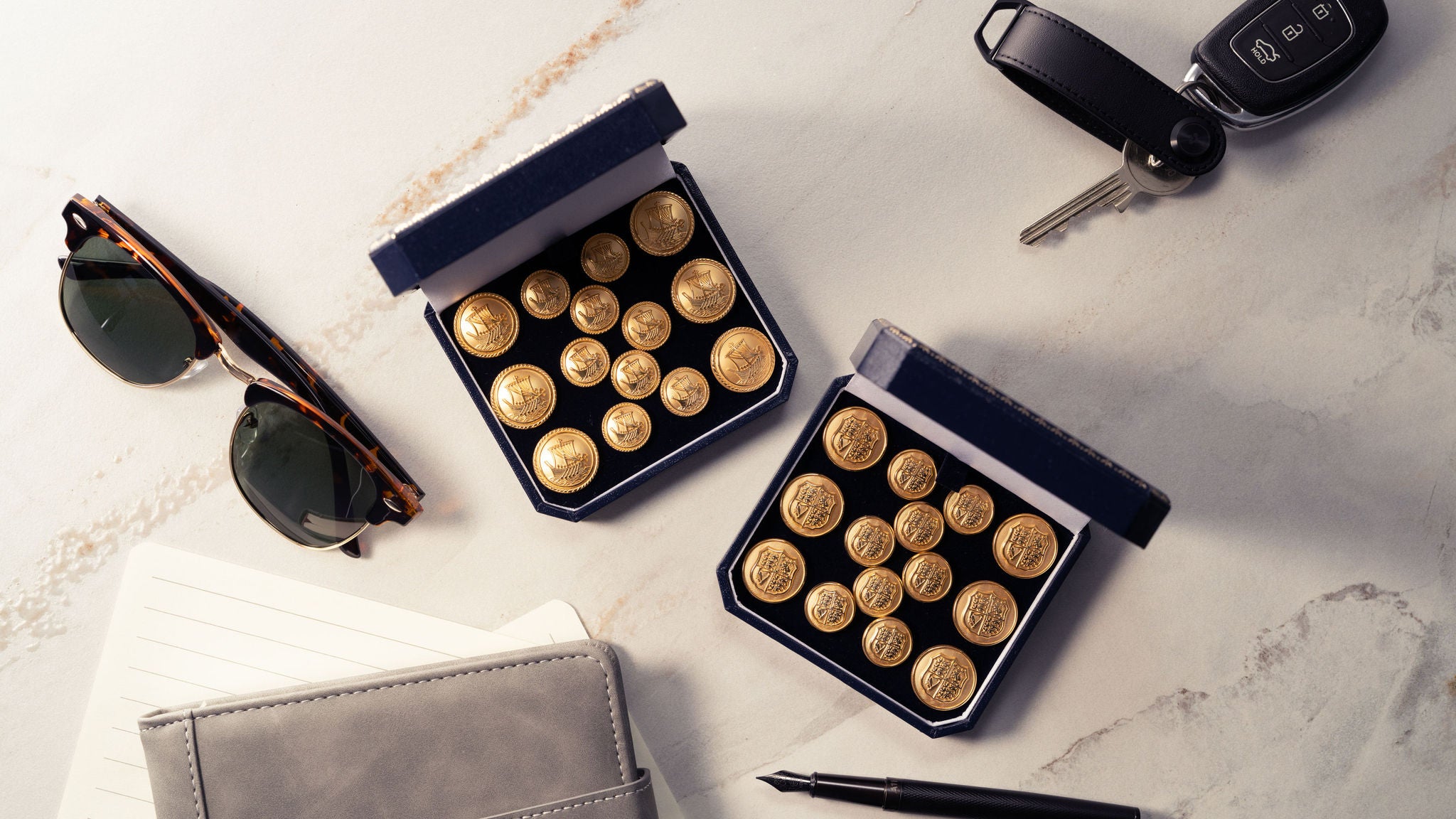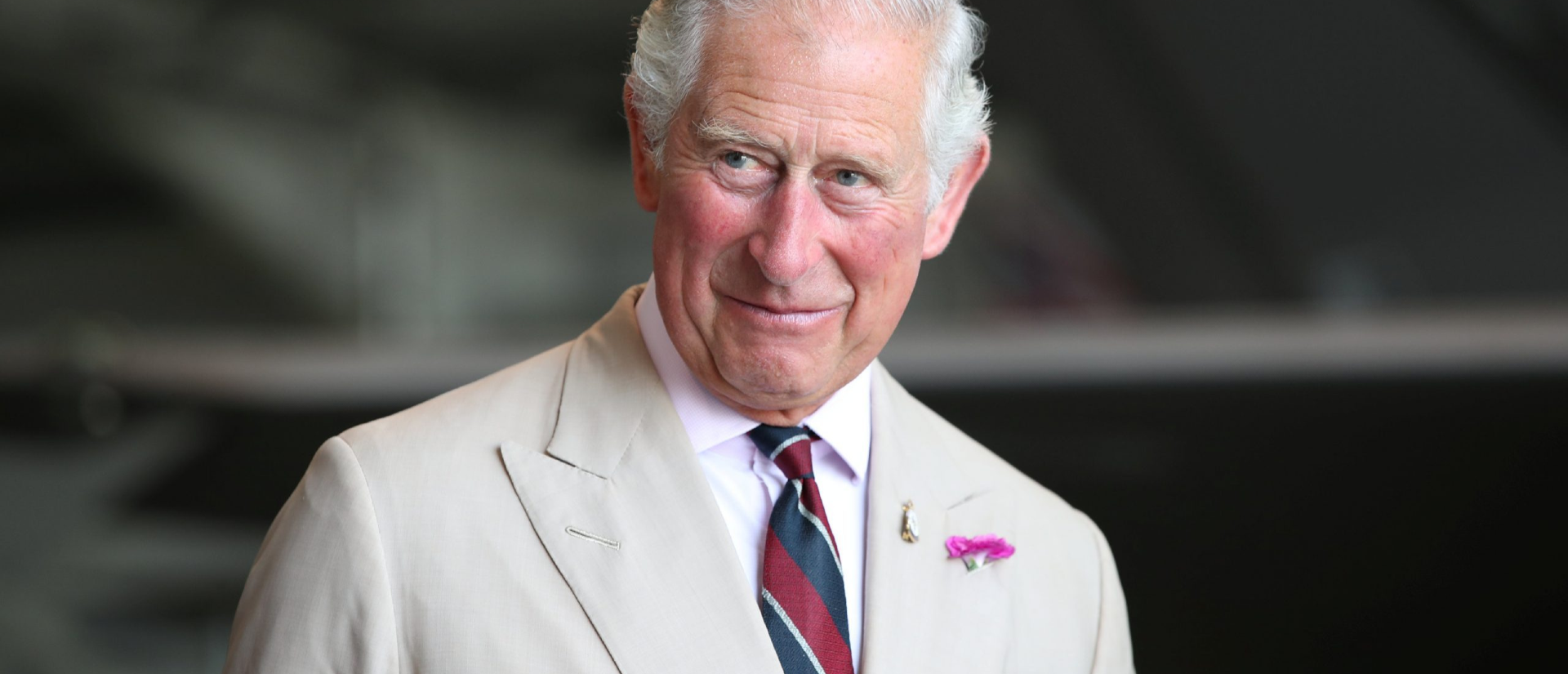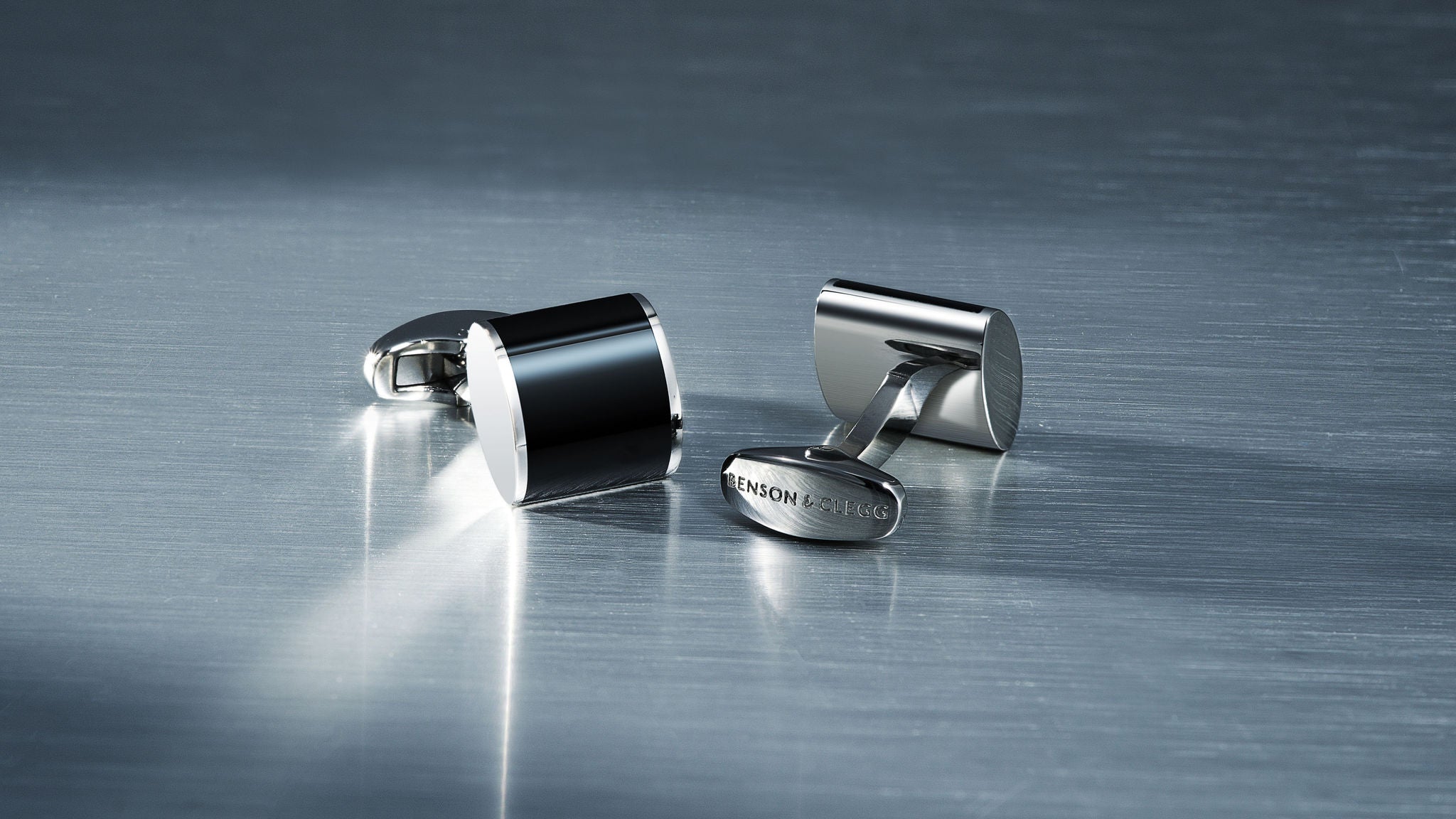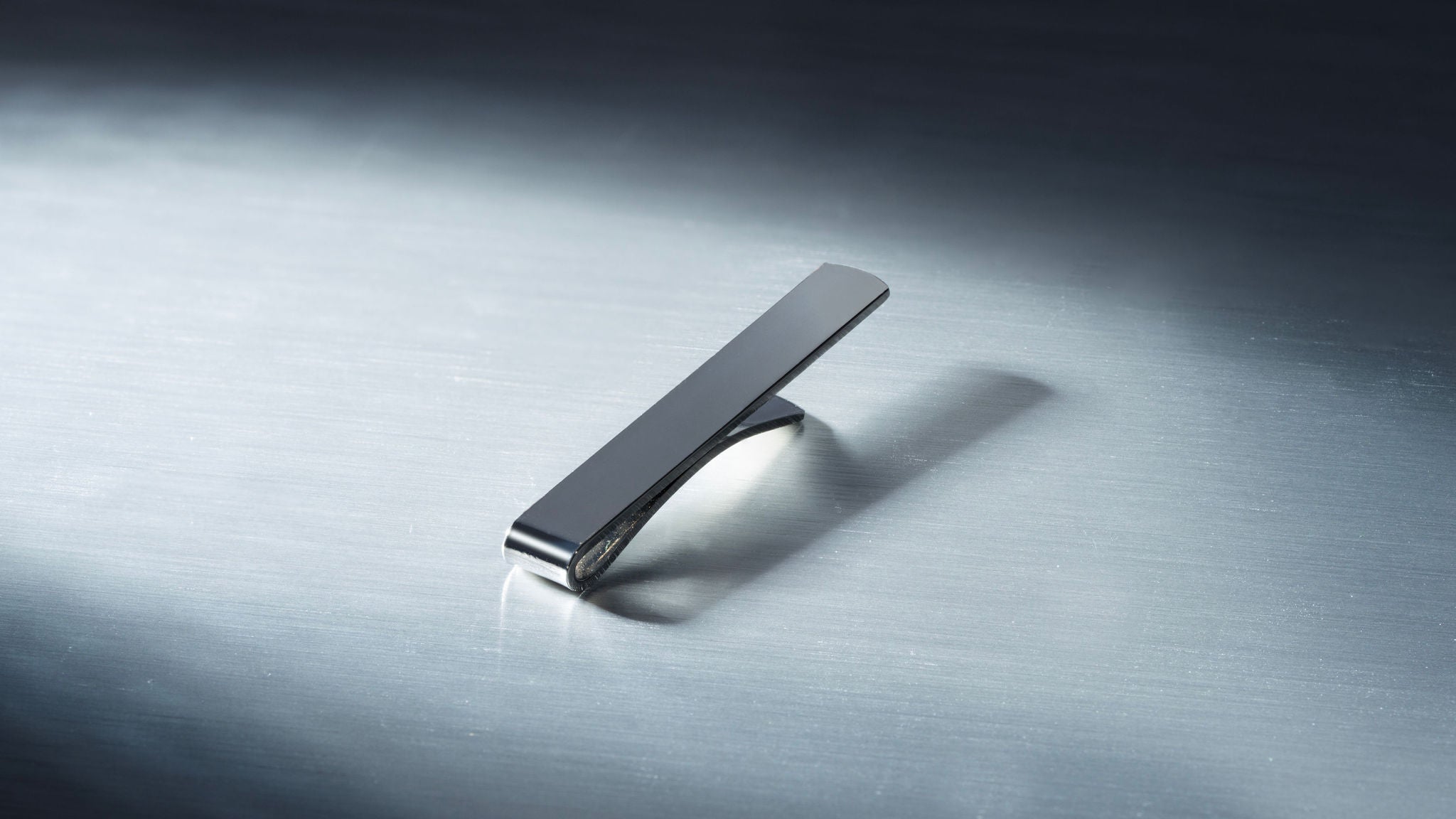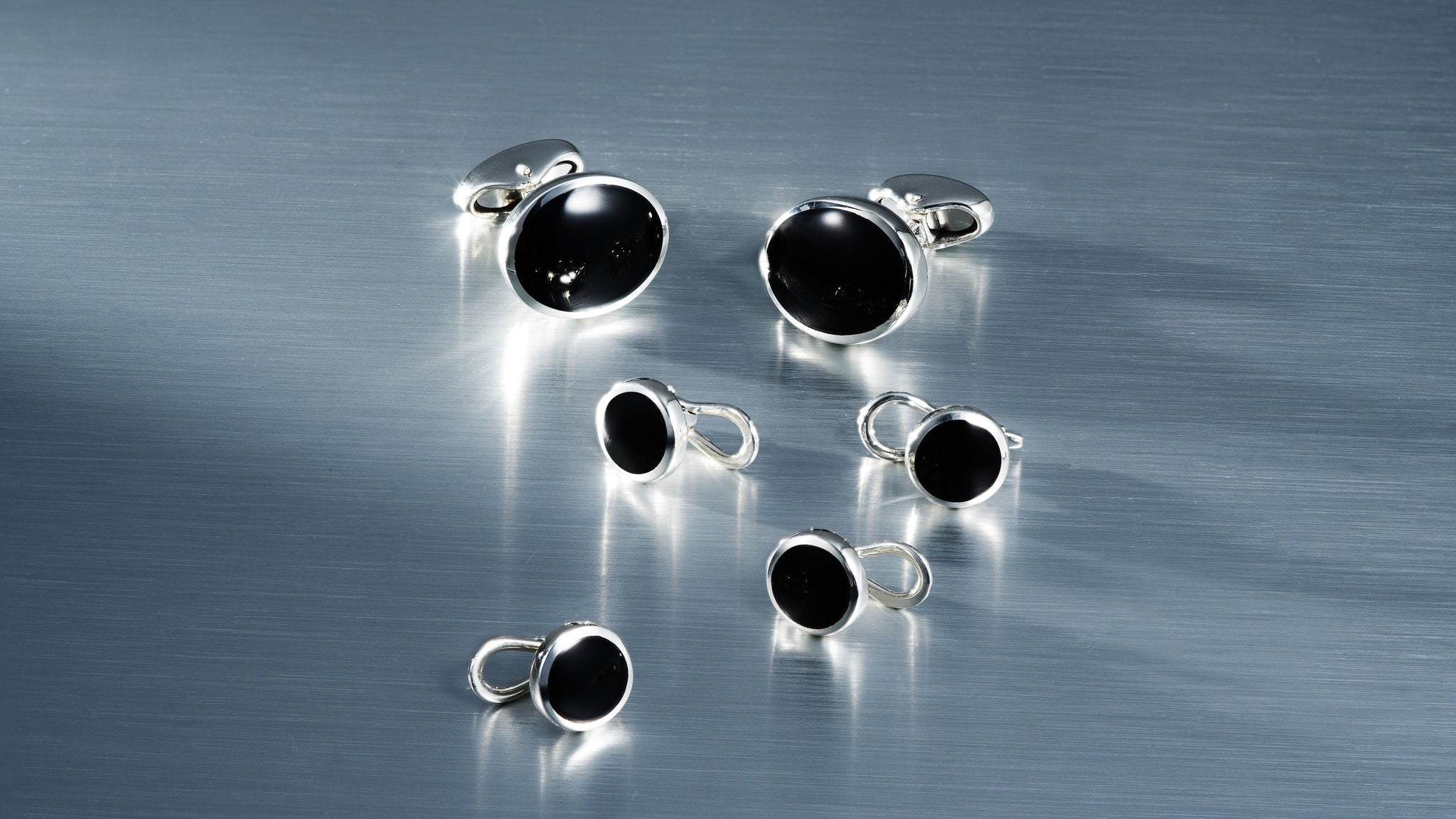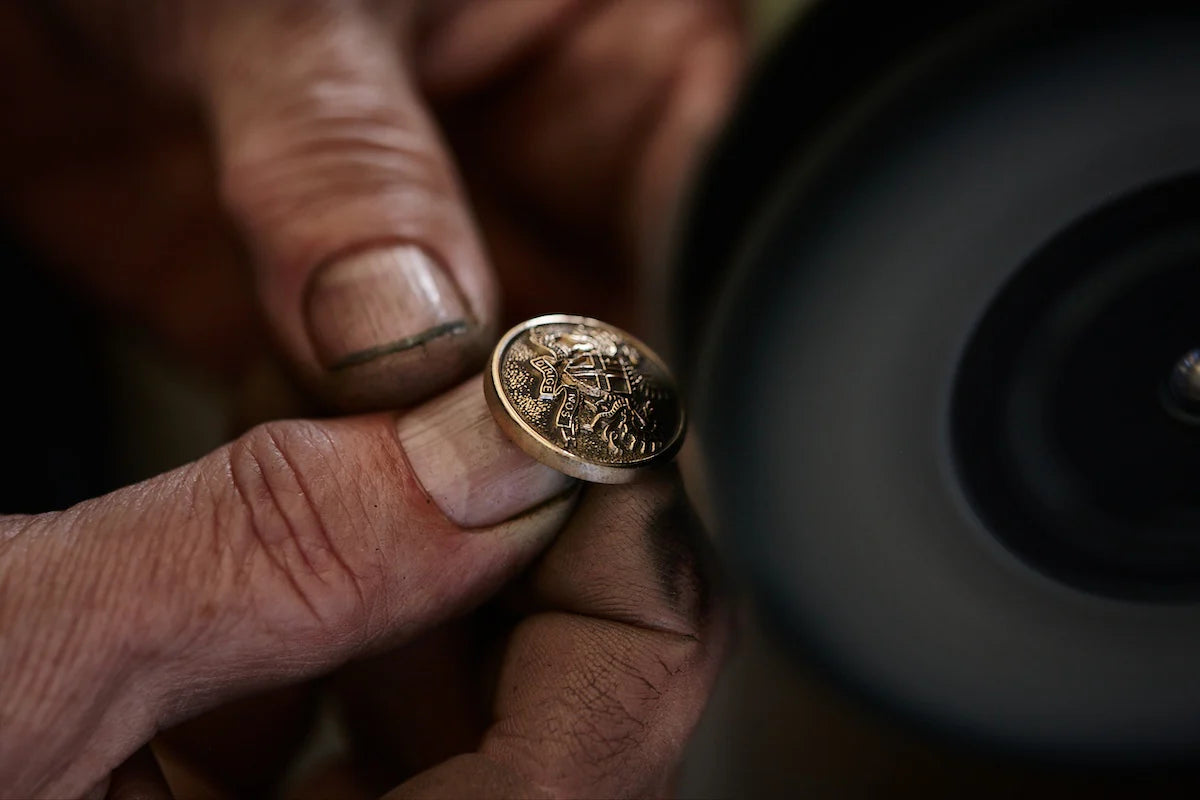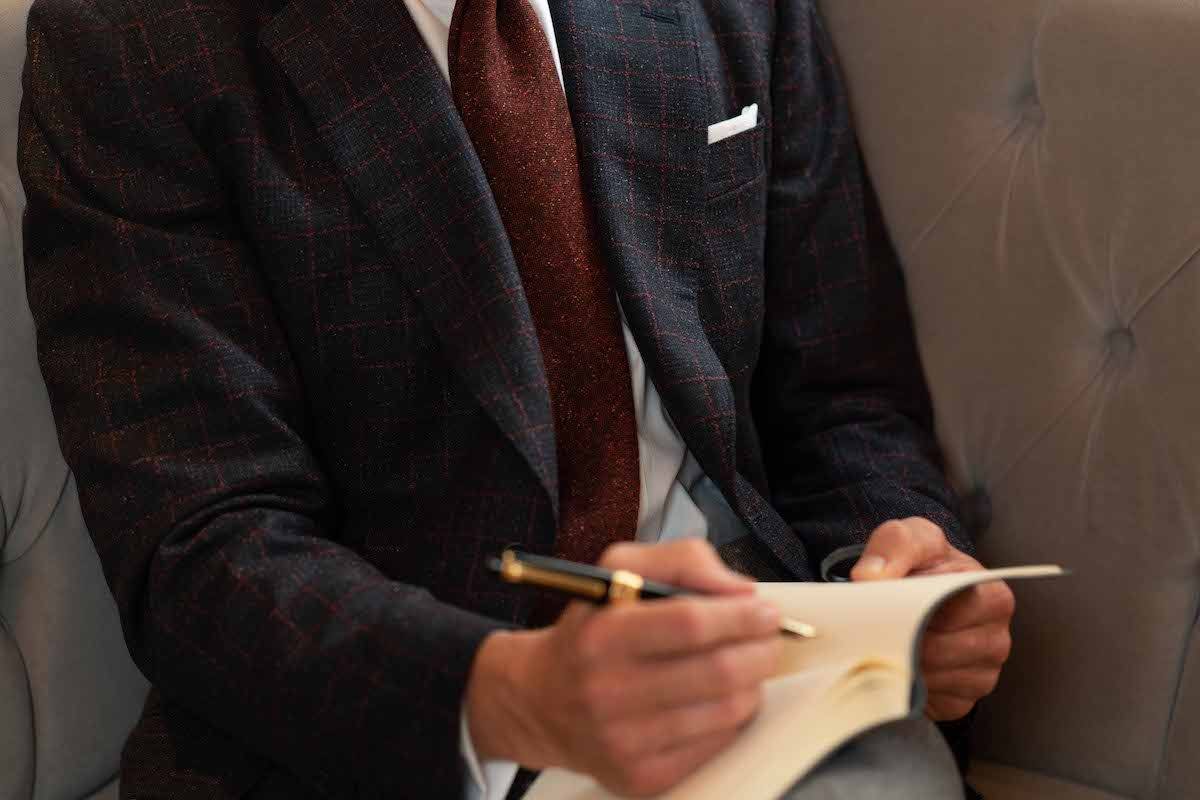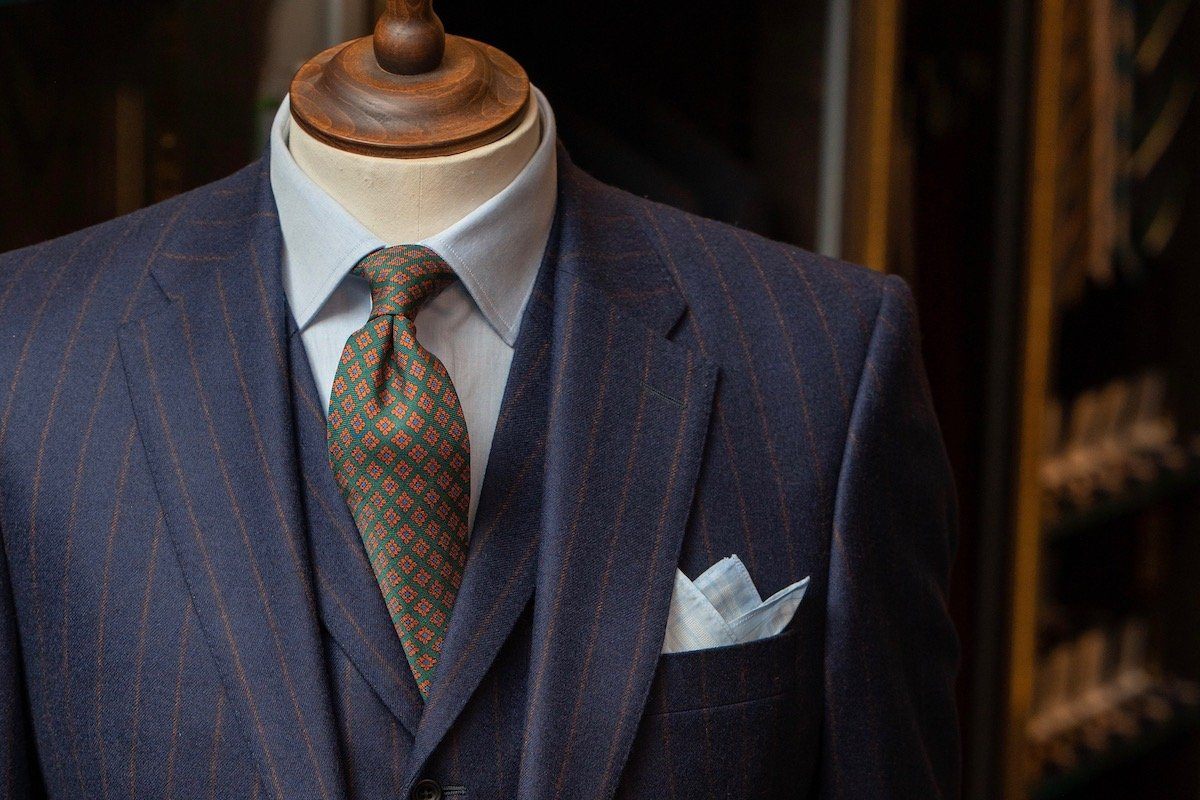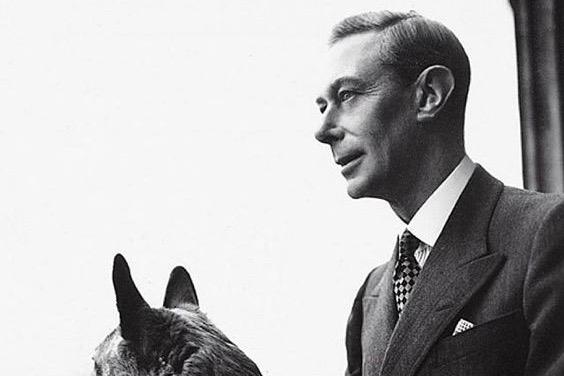
Triumph In The Face Of Adversity
A born leader, destined for greatness. Accolades one often associates with histories great leaders. But in King George VI's case, nothing could have been further from the truth. Shy, stuttering and of a delicate nature, Prince Albert was never expected to be King. Yet the years that followed his accession to the throne saw him become a symbol of strength, resilience and hope.

Prince Albert was born on the 14th December 1895 at York Cottage on the Sandringham Estate in Norfolk. His childhood was far from easy, with his relationship with his parents being distant to say the least. He was bullied and undermined by his father, George V, and any sort of affection shown towards his mother, Queen Mary, was unrequited. Naturally left handed, he was forced by his tutors to write with his right hand, a common practice amongst the aristocracy of this time. He suffered with ill health – including stomach problems and knock knees – and was described as "easily frightened and somewhat prone to tears". It is understandable then that the young Prince grew up with a profound lack of confidence. So much so that, at the age of 8, he developed a crippling stammer, a condition which afflicted him right through to adulthood.

On 20 January 1936, George V died and his eldest son, Edward, ascended the throne. As King, Edward showed disregard for court protocol, causing concern amongst politicians with his contempt for established conventions. Only months into his reign, he caused a constitutional crisis by proposing to Wallis Simpson, an American who had divorced her first husband and was seeking a divorce from her second. When it became apparent he could not marry Wallis and remain on the throne, he abdicated.
In the wake of his brother’s abdication, Albert inherited the role of monarch. To say that he was unprepared would be an understatement. Popular opinion of the time was that he wasn’t physically or mentally up to the task. It was even suggested that the government considered bypassing Albert altogether in favour of his younger brother, George, though such rumours are unfounded. Despite the misgivings of many – not to mention his own self-doubt – Albert was resolute, and in 1937 he assumed the regal name of George VI, emphasising continuity with his father and restoring public confidence in the monarchy.
George rose to the challenge of kingship with notable success. While adapting to the changes put upon him in his new role, he demonstrated a much needed level of tradition, authority and stability, not only in his manner, but through the clothes he wore – stark contrast to his predecessor.

"King George VI shows us that he likes to be dressed suitably on all occasions without the slightest ostentation or eccentricity. He chooses his clothes with great care, and one notices a scrupulous neatness in every detail of his appearance."
It was noted that George dressed in a manner that demonstrated a distinctly British tone, admired by many across the globe. The men tasked with crafting a wardrobe fit for a King? Harry Benson and Thomas Clegg. Our earliest records show that the King had been a customer of Harry and Thomas as early as 1931, while holding the title of His Royal Highness The Duke of York, at a time when he was not expected to inherit the throne. It was Benson & Clegg who were responsible for the creation of the King’s mufti as well as a large proportion of his military attire, including his famous naval jacket. The relationship between the King and his tailors was such, that Harry Benson was appointed as his personal dresser upon the morning of the coronation, for which he was awarded the Coronation Medal.
Two years into his reign, The King faced his biggest battle. War. On 3rd September 1939, he addressed the nation as the United Kingdom declared war on Nazi Germany…
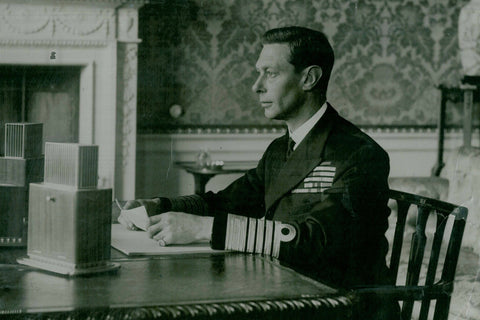
The red light faded and silence descended briefly on the room. It was just after 6pm on September 3, 1939. The sense of relief on the face of King George VI was clear. The broadcast had lasted only a few minutes, but it had been the most important of his life. Despite the pressure, he had risen to the challenge. Finally able to relax, the King allowed himself a smile. Lionel Logue, his Australian speech therapist, extended his hand.
“Congratulations on your first wartime speech, your Majesty,” said Logue.
“I expect I will have to do a lot more,” replied the King, wearily.
The King’s War; Mark Logue and Peter Conradi
The King spoke with feeling and authority, no hint of the stammer which had hampered him for so many years, instead demonstrating himself as a model of determination while overcoming his own personal battles which had afflicted him since childhood.
Throughout the war, the King and Queen remained resilient. Rather than relocate their family abroad, they resolved to stay at Buckingham Palace. They visited areas of the country ravaged by enemy attacks, while the King himself visited armies on battle fronts across Europe. It was during this darkest hour that he became a powerful symbol of courage and fortitude for the British people, praised by Winston Churchill for his strength, restraint, fortitude and spirit.

On 8th May 1945, thousands of jubilant people gathered on The Mall in front of Buckingham Palace, the centre of the country’s celebrations, as Victory in Europe had been declared. “We want the King! We want the King!” came the cry from The Mall. The crowd did not have long to wait as the King emerged dressed in his naval uniform onto the balcony of Buckingham Palace to a chorus of “For he’s a jolly good fellow!”.

"Your good will in the streets today, your countless messages from overseas and from every quarter of these islands has filled our hearts to overflowing." King George VI
Despite the hardships experienced during his reign, King George VI will be remembered as a monarch loved by the people. Though a reluctant King, his sense of duty was exactly what the Royal family needed at a time of uncertainty. He faced many challenges throughout his reign – war, a waning empire, economic crisis, not to mention his own self-doubt – yet each battle was fought with dignity and an unwavering sense of duty, determined to triumph in the face of adversity.


